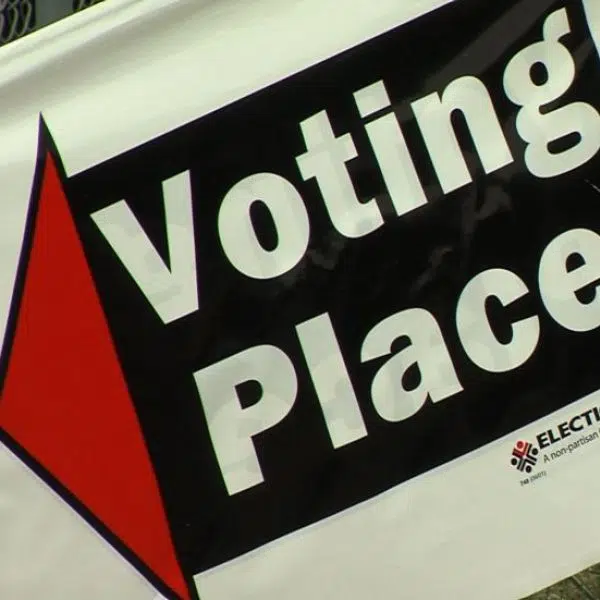
Can we find a compromise on electoral reform? Maybe
KAMLOOPS — The B.C. Liberals may have unintentionally found a compromise to the debate on electoral reform. In electing a new party leader last weekend, they used a preferential voting system, with members ranking the candidates.
The candidate with the lowest number of votes was eliminated as ballots were counted, and the second choices for those who supported that candidate were distributed to those remaining, and so on.
It’s called the preferential or ranked ballot. It’s been used once in a B.C. general election. I mentioned yesterday the ascendancy of Social Credit to power in 1952. That was achieved with a single transferable vote system identical to what the BC Liberals just used in their leadership election.


